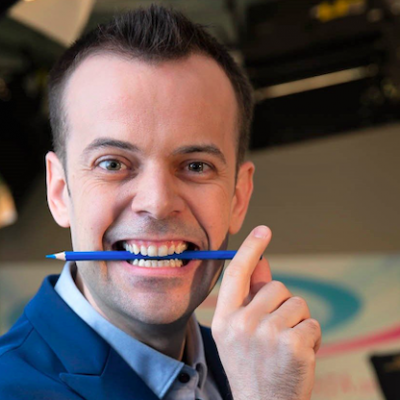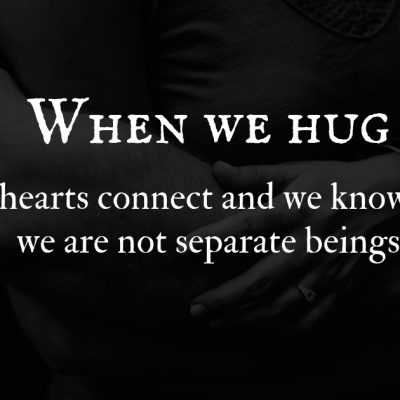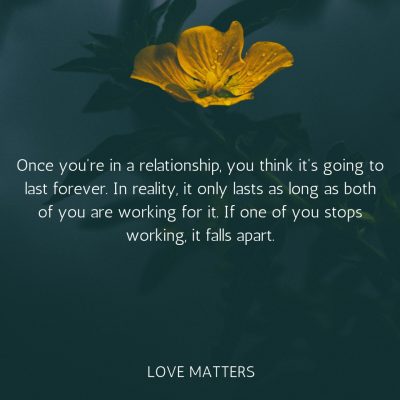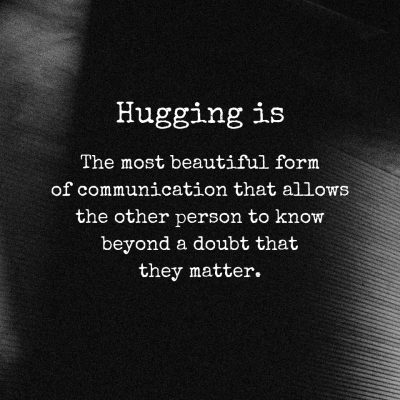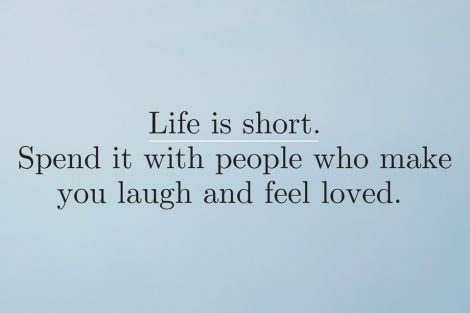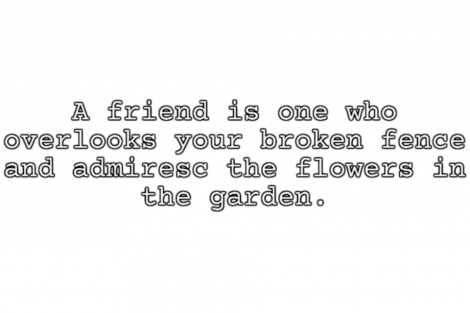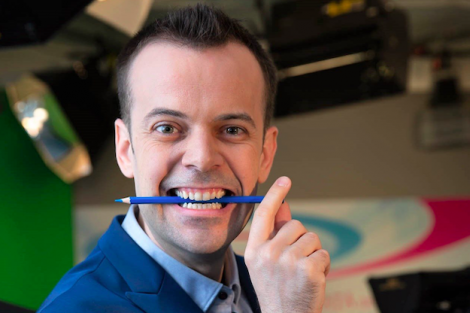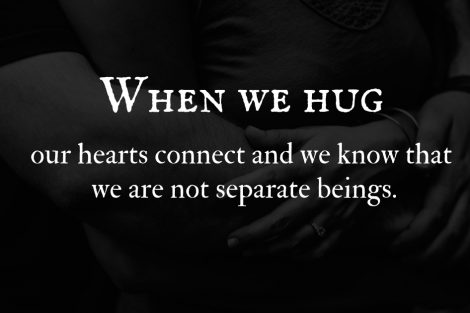Co-dependency is a learned behavior that can be passed down from one generation to the other. This type of emotional and behavioral condition usually implies being in a dysfunctional relationship.
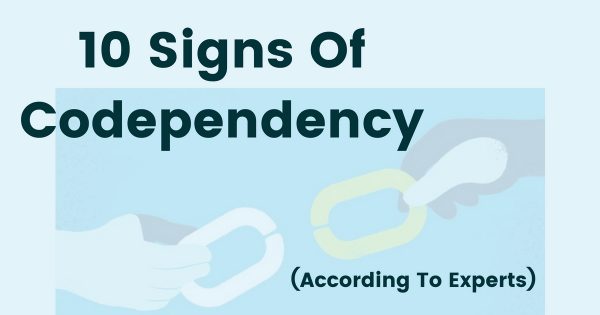 Also known as a form of “addiction” (romantic/emotional), it prevents an individual from developing a healthy and mutually satisfying relationship. In other words, these relationships are often one-sided.
Also known as a form of “addiction” (romantic/emotional), it prevents an individual from developing a healthy and mutually satisfying relationship. In other words, these relationships are often one-sided.
This also means there is a power imbalance as one is always more dominant or active while the other more submissive or passive. Or one who always gives while the other always takes.
MORE: 9 Signs You’re Not In Love But Addicted
Co-dependent people usually have low self-esteem and find it hard to be self-reliant or to find their worth without someone else’s approval. Here are other signs of co-dependency, according to experts.
1. Your partner’s happiness becomes your top priority
“Such a relationship is truly toxic to the individual’s development, and ultimately their happiness. Still, blind to the repercussions of such misplaced devotion, the codependent individual can’t help but continue to try to please the person they’re enabling because that person’s acceptance of them has become their highest, sometimes their sole, priority.”
―Leon Seltzer, psychologist
2. You frequently make excuses or compensate for your partner’s bad behavior
“For instance, ignoring someone’s drinking or making excuses for them to your friends is likely a sign that you aren’t seeing things clearly in your relationship because boundaries have become blurred.”
― Samantha Rodman psychologist and dating coach
MORE: 7 Red Flags You Are In A Codependent Relationship
3. You lose your own sense of identity, interests and desires
“Healthy love allows for differentiation. Each person can have their individual sense of self and yet remain emotionally connected when there is disagreement or conflict. Differences in the relationship are not taken personally. Each person has their own friends, own interests, each is supportive of the other, and their happiness is not dependent on the relationship. There is an individual sense of self and and sense of ‘togetherness.’
 Codependent love exists when each partner ends up giving up a part of who they are in order to keep the relationship. The dynamic in the relationship is one of manipulation, control, enmeshment and giving up aspects of yourself.”
Codependent love exists when each partner ends up giving up a part of who they are in order to keep the relationship. The dynamic in the relationship is one of manipulation, control, enmeshment and giving up aspects of yourself.”
― Kathy Hardie-Williams, marriage and family therapist
MORE: 5 Red Flags That You Are The Only One Caring About Your Relationship
4. You’re quick to say “yes” to your partner without pausing to consider how you feel
“You have a right to take care of yourself in relationships by setting boundaries— finding the inner strength to say ‘no’ or ‘I’m not sure’ if something doesn’t resonate with you or if you need more time to consider your partner’s request.”
― John Amodeo, marriage and family therapist
5. Your partner doesn’t fight fair and often manipulates you to get their way
“Healthy love includes appropriate boundaries around communication, including conflict. Healthy couples resolve arguments quickly; they don’t stonewall, stew in anger or manipulate their partner.”
― Linda Esposito, psychotherapist and writer
MORE: 7 Red Flags That Signal A Toxic Person
6. You try to take on your partner’s pain and struggles for them
“Codependents become very uncomfortable allowing the other to have their own pain. Metaphorically, we take it for them and carry it. Unfortunately, most often this is at our own expense, and we can end up feeling very resentful and give up parts of who we are. We believe we are responsible for the feelings of the other and/or that our happiness depends on being in the relationship.”
― Kathy Hardie-Williams

7. You think you’re helping your partner by bailing them out for the umpteenth time. But at this point, you’re just enabling them
“You demonstrate your love by enabling and rescuing to help solve your partner’s self-manufactured problems. This means that your loving, supportive acts serve to foster your partner’s unhealthy dependence, poor mental or physical health, irresponsibility, immaturity, addiction or criminality.”
― Shawn M. Burn, author of Unhealthy Helping: A Psychological Guide to Overcoming Codependence, Enabling, and Other Dysfunctional Giving
MORE: The Difference Between Being In Love And Being Attached
8. Your partner is constantly taking advantage of your good qualities
“Your relationship is with someone that takes advantage of your love and empathic, helpful nature so they can avoid adult responsibilities and/or taking responsibility for their own life and the consequences of their irresponsibility, immaturity, addiction, poor mental or physical health or criminal acts.”
― Shawn M. Burn
9. Your relationship is predicated on conditional, controlling and coercive behaviors
“For example, ‘If you truly loved me, you wouldn’t make me so angry that I need to unwind with alcohol.’ Or, ‘When we get married, you have to stop going out with your friends.’”
― Linda Esposito
MORE: The Startling Distinction Between Genuine Love And Attachment, Explained By A Buddhist Nun
10. You’re always giving way more to your partner than you’re getting in return
“Codependents are giving a whole lot more than they’re getting back from their partner. Although they may do so to help ‘secure’ the attachment ― and so, reduce their anxiety about being rejected ― they’re also neglecting their own quite legitimate relational wants and needs.”
― Leon Seltzer
Don’t neglect this aspect of your relationship! Please share!
Source: Huffington Post


